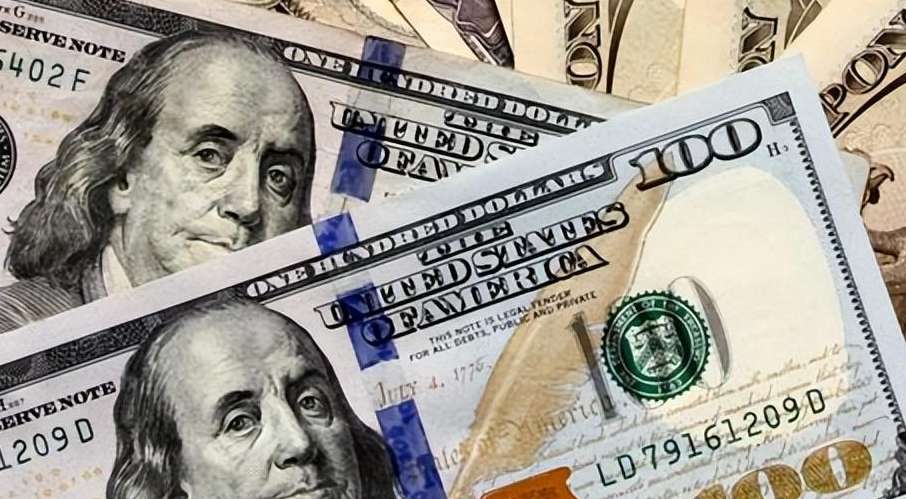US Stocks Appear Overvalued
Advertisements
In the world of finance, the air is often filled with optimism, particularly when new administrations propose growth-focused policies. However, Jamie Dimon, the CEO of JPMorgan Chase, has stepped into the conversation with a note of caution. His recent remarks reveal a complex landscape of risks challenging the notion of a smooth economic ride under the new U.S. presidency.
During a candid interview with CNBC at the World Economic Forum in Davos, Switzerland, Dimon articulated his concerns, asserting that the exuberance in the asset market might be veering into speculative territory. He went on to say that regardless of the metrics used, asset prices seem inflated, being positioned in the top 10% or 15% of historical valuations.
This perspective comes after a prolonged bull market in the American stock exchange, which Dimon has acknowledged while also highlighting that certain segments—particularly sovereign debt—are also experiencing historic highs. Such discrepancies raise alarms for seasoned financial insiders, particularly as they look for the sustainability of these prices against the backdrop of rising deficits, persistent inflation, and increasing geopolitical tensions.
He doesn't hold back on emphasizing the precariousness of the current market environment. "We need quite favorable outcomes to justify these asset prices," Dimon noted, reiterating that while growth strategies could mitigate risks, there’s still a significant potential for negative surprises. His words reflect a balance between embracing potential growth avenues while preparing for the uncertainties that could derail it.
Dimon’s experiences as a long-standing figure in the banking sphere have inevitably shaped his perspectives on the economy. In 2022, he famously likened the mounting economic challenges to a 'hurricane' threatening to hit the U.S. economy. While thus far that storm hasn’t materialized, Dimon remains vigilant, adapting his outlook as situations evolve. “I have indeed become somewhat more cautious about certain issues,” he admitted to Andrew Ross Sorkin of CNBC.

Among the myriad economic concerns Dimon has highlighted are the implications of global deficit spending, continuing inflationary pressures, and escalated geopolitical disarray. He contends that “growth is the only real solution” to address and mitigate these fiscal challenges, underscoring how entwined these issues are with the broader global economic landscape.
Moreover, his insights extend into the evolving dynamics of governmental efficiency, where he discussed the complexities surrounding figures like billionaire Elon Musk. Dimon noted that both he and Musk had managed to mend previous differences, expressing his wishes for Musk’s upcoming government efficiency department to thrive. “It is completely reasonable for someone to critique our government’s inefficiency… the government needs to be more responsible and efficient, focusing on tangible results,” he said.
Meanwhile, recent corporate restructuring within JPMorgan Chase has brought to light succession discussions, especially with the forthcoming retirement of Daniel Pinto, who has capably served as the bank’s President and Chief Operating Officer for nearly three years. Having been a pivotal player in shaping the institution, Pinto’s exit raises questions about the leadership transition at JPMorgan, a topic that's consistently attracted Wall Street’s attention.
With Dimon leading the bank for nearly two decades, the question of his succession has always been a focal point within financial circles. Recently, Dimon reaffirmed that he plans to remain in his role for a few more years, despite the growing emphasis on who might take the reins upon his eventual retirement. “With Daniel’s departure, there’s a vacuum, but it’s a good thing as others have filled the void,” Dimon remarked.
In another dimension of the economic dialogue, Pinto shed light on the burgeoning field of private credit, particularly in lending to small businesses. He pinpointed a noticeable surge in this sector, especially following the 2008 financial crisis, as funding networks emerged to bridge the gaps left by traditional banks. Pinto's observations highlight how such trends reflect broader economic sentiments, particularly concerning how small enterprises might weather impending economic storms.
He asserted, "A significant amount of direct lending has flowed toward the smaller mid-market segment, and it’s crucial to monitor how these funds perform when the small business economy encounters fluctuations." Such foresight underscores the evolving nature of finance, where adaptive measures are increasingly necessary in uncertain economic climates.
Moreover, this optimism within the banking community is echoed by Filippo Gori, a co-head of global banking at JPMorgan Chase, who participated alongside Pinto at the forum. Gori noted a reinvigorated sense of optimism pervading the markets, driven by the assumption that the new administration may adopt a more lenient regulatory approach—an expectation that has evidently rekindled “animal spirits” among market participants.
As the conversations unfold, it’s clear that amidst optimism lies an intricate web of potential pitfalls. Dimon’s insights encapsulate this reality, where the fluidity of economic predictions requires not just hope but preparedness for a spectrum of outcomes. Thus, the interplay between growth initiatives and risk mitigation remains ever pivotal for investors and policymakers alike, as they navigate the uncertain future of a rapidly evolving financial landscape.
Leave a Reply
Your email address will not be published. Required fields are marked *